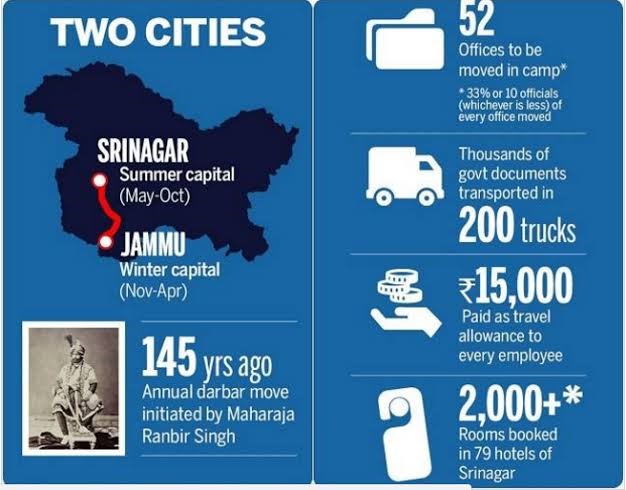7667766266
enquiry@shankarias.in
Darbar Move of J&K

Moratorium for NBFC’s
NBFC
Vande Bharat Mission
This should not be confused with Vande Bharat Express
Vande Bharat Express
African Swine Flu
Operation Samudra Setu

Source: News on Air, Hindustan Times, the Hindu